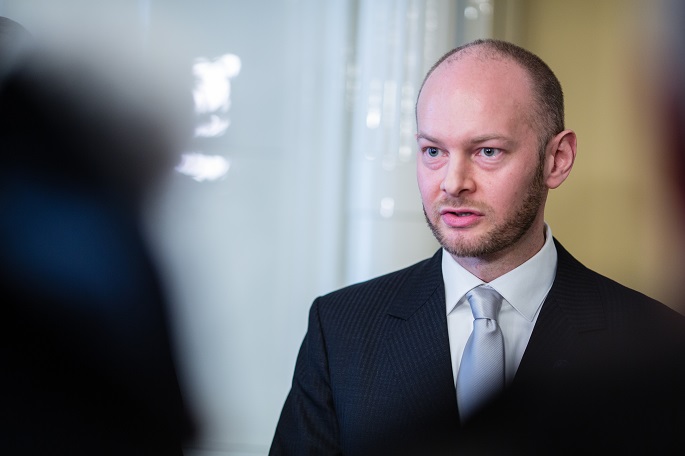Measures to improve competitive edge of sports pledged
Published : 28 Aug 2018, 00:03
Sports and culture minister Sampo Terho on Monday promised measures to improve the competitive edge of Finnish sports.
His comments followed a public opinion backlash in the wake of the Berlin track and field European championships where Finland got no medals. The management of the national sports federation had predicted three or four.
Interviewed on national broadcaster Yle, Terho said coaching in track and field should be developed and it should start earlier. He also said sports associations should focus on sports and less on administration.
Some experts cautioned, however, that the changes in society and in the interests of young people make a return to the days of glory unfeasible.
Kimmo Suomi, professor of sports planning at Jyväskylä University, told Xinhua that the enhanced role of information technology in the lives of children has made sports just one of many interests available.
In a fresh survey, no age group in schools attained the goal of one hour of physical exercise per day. "School curriculum includes under two hours of physical education per week, which is one of the lowest amount in the EU," Suomi said.
Traditional sports associations have been in high esteem in Finland, but Suomi pointed out that the drop-out rate is high. "While over half of grade-five children participate, the rate on grade-nine is 35 percent".
Suomi said that Finland is no longer able to restore its old position as a great power in sports and should concentrate on sectors it could be successful at.
Cross-country skiing and ice-hockey have done well, "but decision makers would like to see results in globally known sports." Suomi mentioned men's basketball and women's volleyball as fields of recent achievements.
Kalevi Suortti, a long-time national sports executive, told Xinhua that representatives of traditional disciplines such as skiing, track and field and wrestling have often suggested that funding should be concentrated on them.
"It has very modest public financial support, but enthusiastic competitors have obtained sponsors and paid a lot out of their own pockets," Suortti said. "State funding should not be restricted to some as we never know where the success could happen to show up next."


